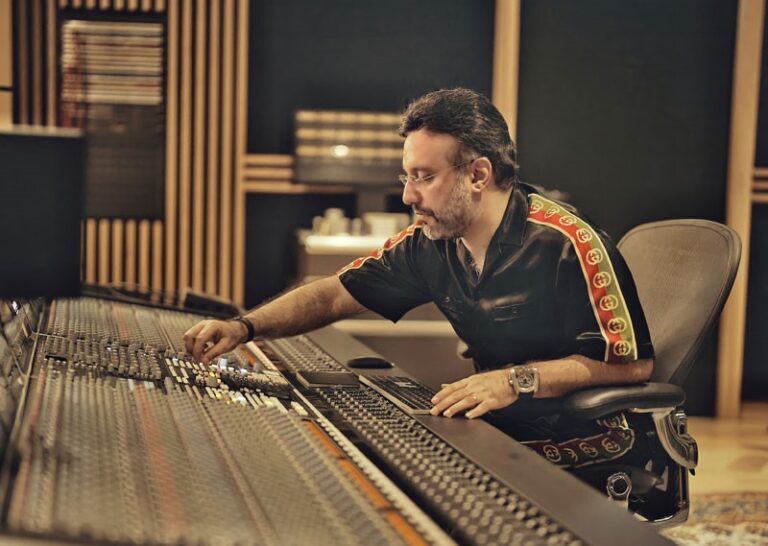Is it legal to record a conversation in Nebraska
Nebraska follows a one-party consent rule for recording conversations. This means that as long as one party involved in the conversation consents to the recording, it is legal.
If you are part of the conversation, you can legally record it without informing the other parties. This applies to both in-person and electronic communications, such as phone calls.
Legal and Ethical Implications of Recording Conversations
Recording conversations when you are a participant simplifies many situations. However, recording someone without their knowledge when you are not part of the conversation is illegal.
This falls under eavesdropping, which is prohibited by law. Engaging in such activities can lead to severe consequences.
Phone conversations also fall under this one-party consent rule. If you are on a call, you can record it without informing the other person. This rule provides a straightforward way to keep records of meaningful discussions, especially in business or legal matters. However, always ensure your actions align with state laws to avoid complications.
Recording can be beneficial in certain situations. For instance, in a business setting, recording meetings or calls can help keep accurate records. This ensures that important details are not missed and can be referred to later. However, transparency is always a good practice, even if it is not legally required.
Privacy Concerns and Consent in Nebraska
Privacy concerns arise when recordings are made without consent. Even though the law permits one-party consent, ethical considerations suggest otherwise. It’s often best to inform the other party when you intend to record a conversation. This builds trust and avoids potential disputes.
Recorded conversations can serve as evidence in legal matters. However, to be admissible in court, the recording must adhere to the one-party consent rule.
Any recording made without consent and not involving the recorder might be deemed inadmissible. Therefore, understanding the legal framework is crucial.
While Nebraska’s laws are clear, crossing state lines can complicate matters. Some states require all parties to consent to a recording. Their laws might apply if you are recording a call with someone in such a state. Always consider the laws of both states involved in the communication.
Federal Laws and Recording Conversations
Federal laws also play a role. The Federal Wiretap Act allows one-party consent, similar to Nebraska’s law. However, federal law does not preempt stricter state laws. Thus, compliance with both state and federal regulations is necessary.
The intent behind recording also matters. One-party consent suffices if the purpose is to gather evidence of illegal activities. However, using recordings to blackmail or defame can lead to legal trouble. The context in which recordings are used plays a significant role in determining legality.
Recording in public places introduces another layer of complexity. Conversations in public without expectation of privacy can be recorded without consent. However, recording in private settings without being a participant remains illegal. Understanding the nuances of privacy law expectations is essential.
Technology and Recording Conversations Legally
Technology has made recording easier. Smartphones and other devices offer simple ways to record conversations. While the ease of recording has increased, so has the responsibility to use this technology legally and ethically. Abusing this technology can lead to legal consequences.
Businesses often record calls for quality assurance. Informing customers that calls may be recorded usually suffices for consent. However, not all companies adhere to this practice, leading to potential legal risks. Transparency in business communications builds trust and complies with legal standards.
Workplace recordings also follow the one-party consent rule. Employees can record conversations they are part of without employer consent.
However, recording employer conversations without being present can lead to legal issues. Clear workplace policies on recordings can prevent misunderstandings.
Recording Conversations: Practical Applications and Considerations
Recording family members’ conversations without consent can lead to trust issues in domestic situations. Legally permissible does not always mean morally right.
Family dynamics can be delicate, and recording conversations can lead to significant personal conflicts. Clear communication and mutual respect are crucial.
Social media has blurred the lines of privacy in Nebraska. Posting recorded conversations without consent can lead to defamation or privacy invasion claims. Legal issues aside, respecting others’ privacy in social media interactions is crucial. Ethical considerations often go beyond legal requirements.
Educational institutions sometimes record lectures or meetings. Student consent is usually required, especially if the recordings are shared publicly. Balancing educational benefits with privacy rights is essential. Clear policies help maintain this balance.
Journalists often record interviews, and one-party consent laws help facilitate this process. However, ethical journalism requires transparency. Informing interviewees about recordings maintains trust and journalistic integrity. Balancing legal rights with ethical duties is vital.
Healthcare Provider Privacy in Nebraska
In therapy sessions, recordings are highly sensitive. Consent from both therapist and client is typically required. Confidentiality is paramount in such settings. Violating this can lead to severe legal and ethical repercussions.
Healthcare providers might record patient interactions for quality control. Patient consent is crucial in these scenarios. Privacy laws like HIPAA also govern such recordings. Compliance with these laws ensures patient trust and legal protection.
Law enforcement recordings follow different rules. Officers often record interactions during investigations. However, these recordings must follow strict protocols to be admissible in court. Legal safeguards ensure that such recordings are used appropriately.
Here are the key points summarized:
- Nebraska is a one-party consent state.
- You can record a conversation if you are part of it.
- Consent from other parties is not required.
- Applies to in-person and electronic communications.
- Unauthorized recording when not part of the conversation is illegal.
- Violation can lead to criminal and civil penalties.
Recording conversations in Nebraska is governed by a one-party consent rule. While this simplifies many situations, ethical considerations and cross-jurisdictional laws add complexity. Using recordings responsibly and legally is crucial to avoid severe repercussions.


